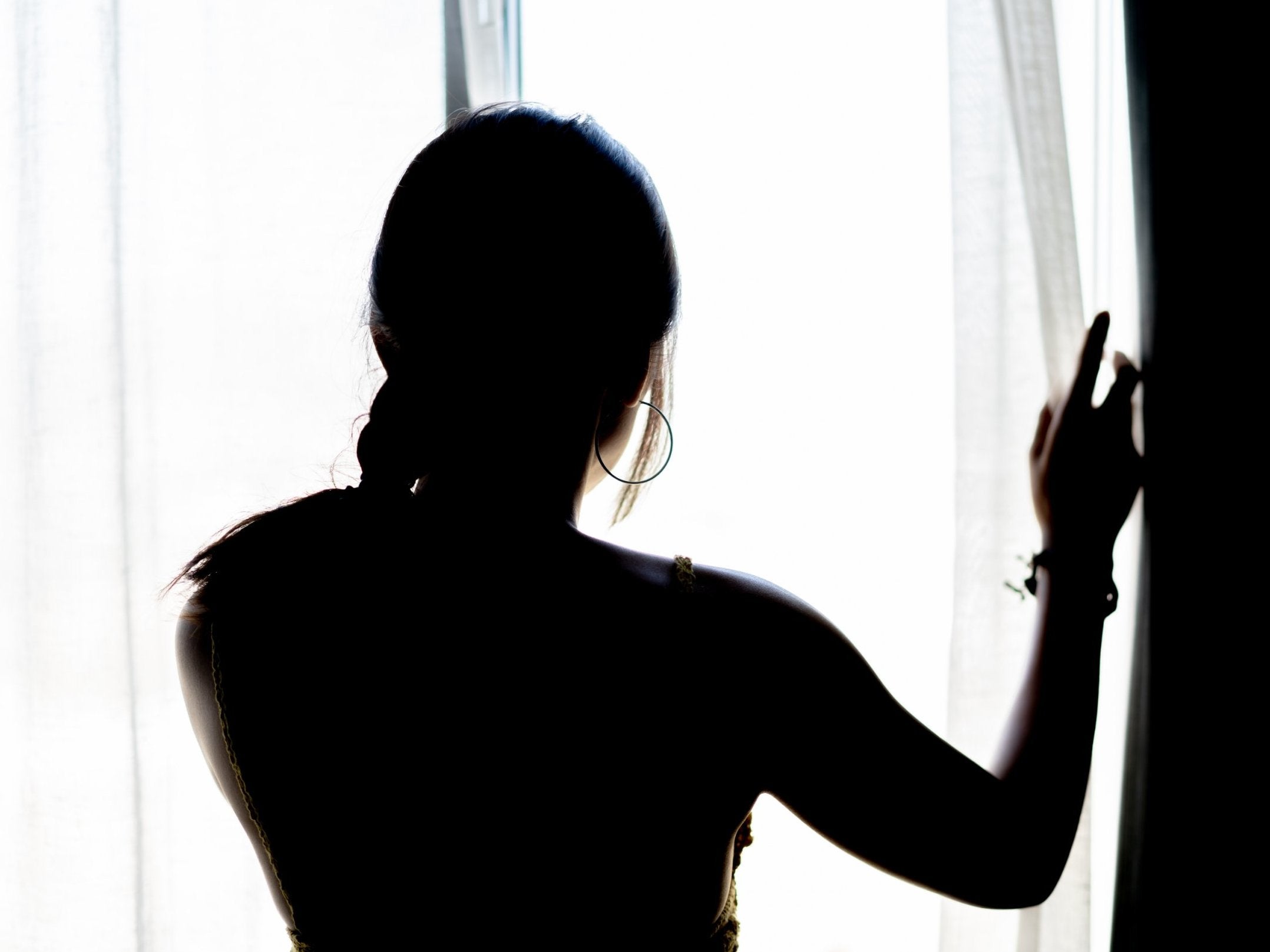Child sex abuse survivors ‘traumatised again’ by facing attackers in court buildings before hearings
‘People described horrific instances of being forced to stay in entrance halls or waiting rooms with their abuser’

Survivors of childhood sexual abuse are forced to come face-to-face with their tormentors in court buildings while waiting for cases to be heard, a report has revealed.
Such shocks are among a host of failings by authorities and advisers that are regularly leaving people “at risk of being traumatised all over again” and feeling “discarded” by the justice system.
Witnesses feel let down by a lack of being prepared for court hearings, aggressive questioning during criminal trials and obstacles to claiming compensation, experts have concluded from the evidence of nearly 400 people.
“While at court, survivors described horrific instances of being forced to stay in entrance halls or waiting rooms with their abuser, despite having been clear that they did not want to see them,” the report states.
Survivors also suffer from poor advance communication about the court process and trial outcomes, unexpected delays to trials and an absence of after-court support, the authors found.
People may have difficulty affording time off work to attend court and may not want to reveal the abuse to their employers, being forced to take annual leave.
MP Sarah Champion, head of the parliamentary group on the subject, said: “We cannot expect survivors to come forward and report the trauma of their abuse without the promise of a criminal justice system that will, at the very least, try to minimise the possibility of re-traumatising them.”
She condemned the “byzantine” process of applying for compensation.
The report’s findings included:
- At least two in three (69 per cent of) survivors said they were not given appropriate explanation or support going to court as a witness
- 75 per cent said they had not been warned about parole
- Many survivors experienced delays and adjournments that were not explained, causing anxiety and difficulties for their employment and childcare arrangements
- Two in five were not given the chance to give evidence remotely or from behind a screen
- Half of those surveyed were not offered the support of independent sexual violence advisers
- Charges were changed by the Crown Prosecution Service, sometimes immediately before trial, creating a feeling that “the trauma of the abuse was not properly recognised by the criminal justice agencies”
- Abusers were allowed to change their plea on the trial day, delaying the justice process
Many also felt the sentences did not reflect the crime. The inquiry found that 3,234 offenders received immediate jail terms in 2017, of which 628 were of less than a year.
The report is the third and final one of an inquiry, launched last year, by MPs on sex abuse survivors’ experiences.
The inquiry heard how survivors sometimes found out by accident that their abuser was living close by. Others discovered via the media that convicted abusers were due to be released.
Some survivors had been prevented from applying for compensation because of unspent convictions that were caused by being abused in the first place.
The report authors listed a series of recommendations, including that court staff undergo training, and that witnesses summonsed by a court have a legal right to paid leave.
All survivors of sexual violence and abuse should have an automatic right to video links to give evidence; and they should be consulted on the length of sentences, they recommended.

A Ministry of Justice spokesperson said: “Victims of child sexual abuse show immense bravery coming forward, and it is vital they receive every support possible to recover from their ordeal.
“That is why we have increased funding for emotional and practical support twice this year, and the total amount for victims has nearly doubled since 2013.
“Through our victims’ strategy we are making improvements at every stage of the process, including reviewing eligibility for compensation and improving the court experience.”
Join our commenting forum
Join thought-provoking conversations, follow other Independent readers and see their replies
Comments
Bookmark popover
Removed from bookmarks